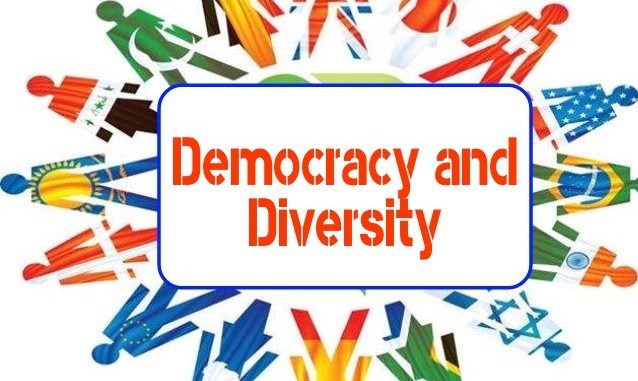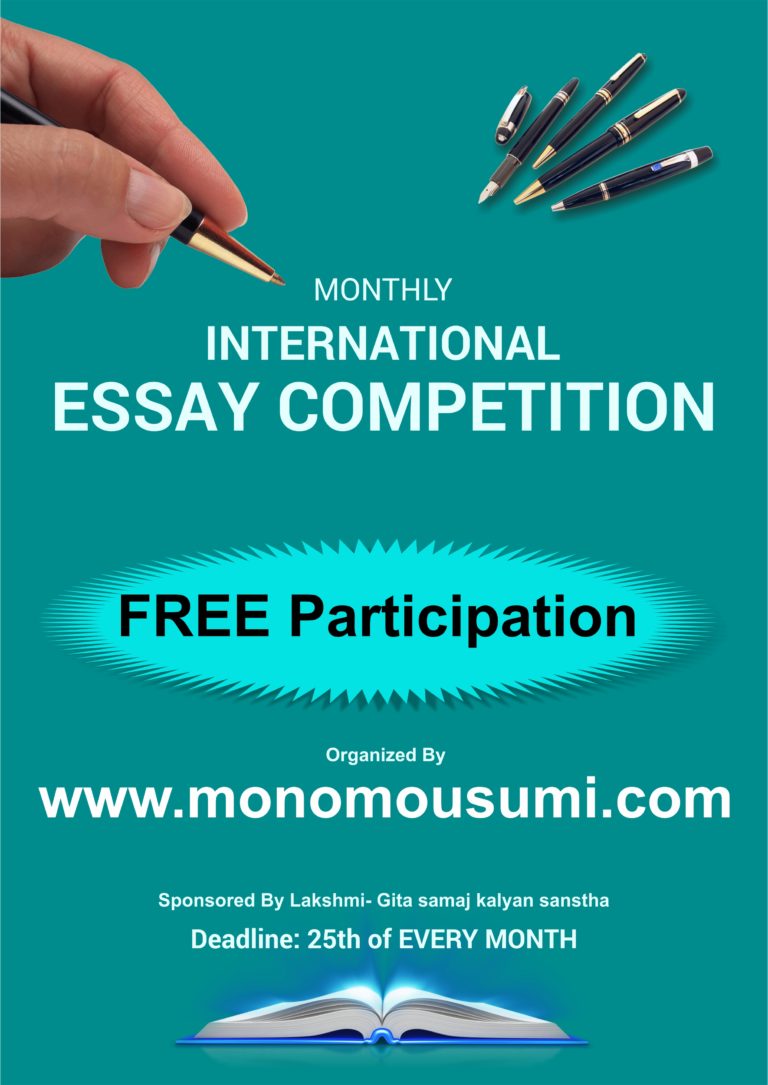
cbseclass10.com
Democracy can be defined as a system of government wherein the citizens have the right to choose their own government by exercising their power to vote in the elections. Here, the supreme power is vested in the people residing in that country and is directly exercised by them or the agents elected by them under a proper electoral system. These rights are internationally recognized and guaranteed. It is an overreaching concept which includes functioning of diverse institutions.
Speaking about the past i.e. 30 years ago from now, only 1/4th of the states of the world were democracies. Since then, democracy has rapidly expanded throughout the world and today more than 120 countries i.e. every 3 out of five country is a democracy where the people can choose their leader freely and fairly. Also having / meaning multiparty elections.
In democracy, anyone accused of a crime has the right to fair, speedy and public trial. It does not mean that just by being accused of a crime, a person will lose his democratic rights as a person is presumed to be innocent until proven to be guilty.
In a democracy, one can choose precisely the religion of their choice, which seems to be more meaningful to them, and a person can also choose their spouse and education as per their will. One can listen to any kind of music, and is also free to watch any movie and read any book of their liking. A person can move around freely and you do not have to ask anybody for permission to do so. They can also choose freely what kind of clothes they wish to wear.
If a person belongs to a minority, they are protected against assault and infringement, and also have exactly the same right to go into politics and influence society as anybody else.
The main role played by the citizens in a democratic country is participation. It is their duty to become informed about public issues, to keep a watch on the conduct of their leaders or the elected agents and also to express their own opinions. However, political participation in democracy must be peaceful, non-violent, respectful of the law, and should obey the different views of other individuals and groups.
Democracy can be classified into many types on the basis of location, religion, level of freedom, etc. On the basis of location, democracy is of 3 types:-
-Bioregional democracy is that which mixes geopolitical divisions with the ecological regions.
-Cellular democracy is that which uses multi – level bottom up structure.
-Workplace democracy refers to applying democracy to the workplace.
On the basis of religion, democracy can be classified into all the existing religions i.e. Christianity democracy, Islamic democracy, etc.
On the basis of level of freedom, democracy is of 2 types :-
-Liberal democracy
-Defensive democracy
Now, I would like to compare the government system of the two countries which are Hungary and India.
The official name of Hungary is Hungary itself whereas the official name of India is Republic of India. As compared to India, the area covered by Hungary and it’s population per square kilometres is almost more than half less than that of India.
There is unitary political system of government in Hungary which means that a country is governed or has a single government system which is the central government. On the other hand, India has federal political system of government which means that a country has more than one government i.e. the state government for each state and the central government governing the states and it’s governments.
The religion followed by the people residing in Hungary is mostly Christianity and there is a majority of Hindu population in India. The relationships between the two countries have remained on a “Steady Course” over the years.
Author Bio:– Khushi Ravikant Shamra , 20 years old student from Mumbai. A participant of International Essay Competition organized by #Monomousumi, April,2019.


